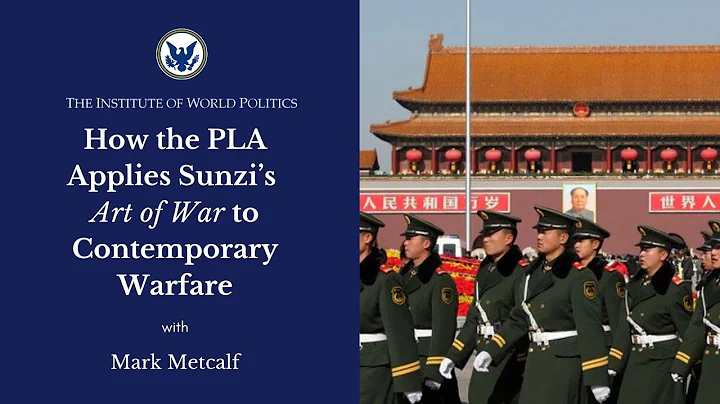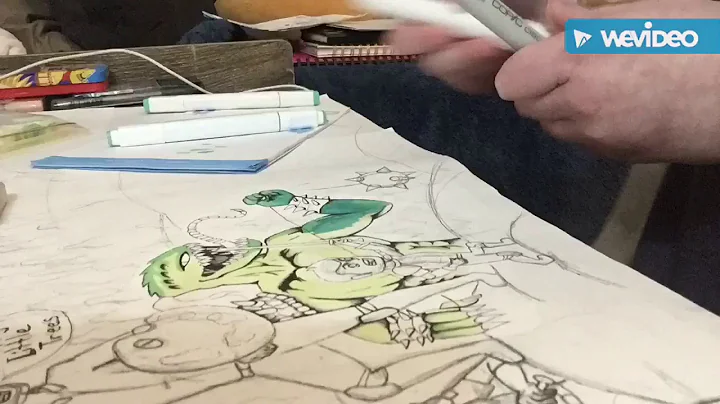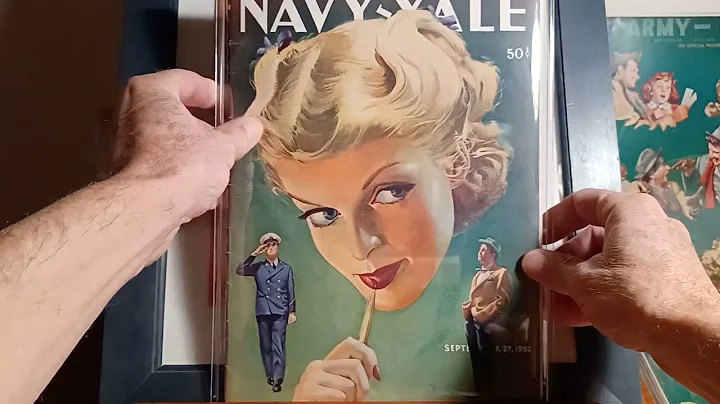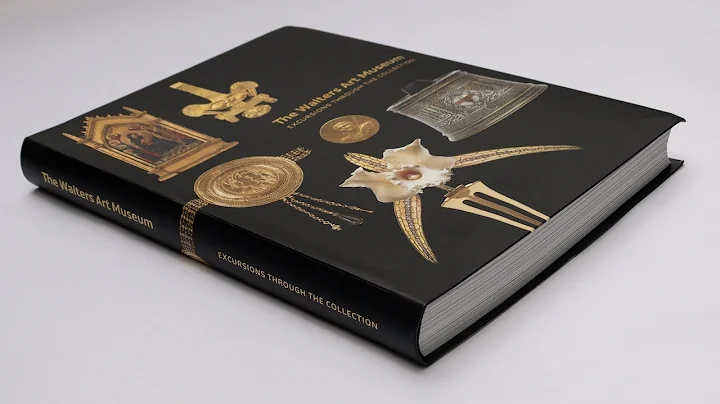The famous writer Wei Wei died of illness at Beijing 301 Hospital at 7:12 pm on August 24, 2008. He was 88 years old.

Wei Wei
Wei Wei was born in Henan in 1920 and graduated from Yan'an Anti-Japanese Military and Political University. He once served as deputy editor-in-chief of " People's Liberation Army Literature and Art ", deputy director of the Creative Office of the General Political Department of the People's Liberation Army, deputy director of the Literature and Art Department of the General Political Department, deputy director of the Propaganda Department of the Beijing Military Region, leader of the writing team of "The Biography of Nie Rongzhen", and political department of the Beijing Military Region. Consultant and other positions.
In terms of creation, Wei Wei's masterpiece "Who is the cutest person " has been widely circulated and selected into middle school textbooks, influencing several generations of readers.
Over a period of 20 years from 1959 to 1978, Wei Wei created the famous novel "Oriental ", which reproduced the heroic life of the War to Resist U.S. Aggression and Aid Korea. He won the 1982 China's first Mao Dun Literary Award for Novel Creation.
This novel together with Wei Wei's other two works "The Red Ribbon of the Earth" and "Fire Phoenix" constitute the "Revolutionary War" trilogy.
Who is the cutest person?
Who was the first to speak out the aspirations of the times and the people?
is the writer Wei Wei.

Chairman Mao's instructions: Print and distribute the "most lovable people" and "the most lovable people of the new generation" in the entire army
. In contemporary China, they have become synonymous with the Chinese People's Volunteers and the Chinese People's Liberation Army.
The work "Who is the Cutest Person" has become a household name and has been circulated at home and abroad. It has been selected into Chinese textbooks in middle schools across the country, inspiring and educating generations of people.
On April 11, 1951, the headline of the first page of "People's Daily" published Wei Wei's article "Who is the cutest person".
Chairman Mao’s instructions after reading: Print and distribute to the entire army.
After reading it, Zhu De repeatedly praised: "Well written! Very good!"
When Zhou Enlai was speaking at the Second Literary Congress in 1953, he actually pushed away the speech and said loudly to the brief: "Who is here? Comrade Wei Wei, are you here today? Please stand up. I want to get to know this friend. (At this time, the whole audience looked at Wei Wei who stood up from his seat and applauded warmly.) I thank you for giving our soldiers the best honor. "Lovely Person'" is such a title."
In 1957, the Moscow State Arts and Literature Publishing House published a Russian translation of "Who is the Loveliest Person". Markova wrote in the preface:
"Wei Wei belongs to the generation of young writers who grew up in the turbulent war years when the Chinese people awakened to carry out revolution. In 1920, he was born in a family of small clerks in Zhengzhou City, Henan Province. Years of poverty in his family caused the future poet and writer to experience a difficult life very early on, prompting him to wake up and protest against the injustice shrouded in the Kuomintang society... Wei Wei's feature works have now aroused widespread readership Pay attention. In these works, he sincerely praises and praises the Chinese People’s Volunteers on the Korean front. Each of his close-ups is permeated with an unstoppable belief in ordinary people and the bright future of the people. These close-up works are now It has not lost its charm."
An essay, erecting a heroic monument for the people's soldiers.
"Who is the cutest person" has aroused such widespread and strong repercussions at home and abroad. What is the reason? What was the creation process like?
In the second battle of to resist U.S. aggression and aid Korea in 1951, the 112th Division of the 38th Army of the Chinese People's Volunteers was responsible for the insertion mission. They successfully penetrated into Sansuoli, Longyuanli, and Songgufeng, cutting off the enemy's retreat.
The enemies fleeing south desperately rushed towards the 112th Division in order to regain their way out. In order to meet the defeated troops fleeing south, the enemies from the north also rushed towards the 112th Division crazily.
Faced with the large number and well-equipped U.S. military, the 112th Division endured the greatest battlefield pressure, and the entire battlefield was filled with darkness.
Songgu Peak is a key point for the US military to compete for. Guarding here is the 1st Battalion and 3rd Company of the 335th Regiment of the 112th Division. They fought the most tragic battle.
The US military concentrated 32 aircraft, 18 tanks, dozens of howitzers and more than a thousand infantry to attack the 3rd company. The officers and soldiers of our 3rd company resisted with all their flesh and blood and defeated countless attacks by the US military.
In the end, there were only 7 people left in the 3rd company, but they still held on to their position tenaciously. When the division command post heard about the feat of the 3rd Company on Songgu Peak, all the comrades present stood in silence and shed tears.
After the battle, Yang Dayi, commander of the 112th Division, went to the 3rd Company position and saw an unforgettable scene: "The front of the position was filled with hundreds of American corpses and broken guns. Among the sacrificed officers and soldiers of our 3rd Company, there were Some tightly grasped the enemy's machine gun, some had grenades in their hands covered with the enemy's brains, and some held half of the enemy's ear in their mouths... The residual fire on the bodies of soldier Xing Yutang and 2nd platoon deputy platoon leader Wang Jianhou was still there Burning, their bodies pressed against the enemy's corpse, and their teeth and nails were deeply embedded in the enemy's flesh..."
Afterwards, Yang Dayi told Wei Wei, who came to interview, about the situation of the 3rd company position, and accompanied him to visit again. 3rd company position.
Wei Wei wanted to find the surviving officers and soldiers of the 3rd company to interview the battle, but except for those who died or were seriously injured and sent to the hospital, there was only one correspondent left in the company. Later, he found Wang Suqi, the commander of the first battalion.
The materials for "Who is the Cutest Person" were all told to him by Battalion Commander Wang with tears in his eyes.
In February 1951, Wei Wei completed three months of interviews in North Korea. After returning to China, he was appointed as deputy editor-in-chief of "People's Liberation Army Literature and Art". He began to seize the time to write down his experiences and feelings in North Korea. In particular, the scene of the battle at Songgu Peak frequently appeared in his mind, inspiring him to write.
In writing, Wei Wei carefully considered and deleted more than 20 of the most vivid stories, and finally selected 3 typical examples that best express the true nature of heroes. Because of my profound feelings, I felt like I was inspired to write and finished it in one go. It took more than a day to complete.
After the manuscript was written, Wei Wei handed it to the editor-in-chief of "People's Liberation Army Literature and Art" for comments. After reading it, editor-in-chief Song immediately said: "Send it to People's Daily immediately!"
Deng Tuo, the president of "People's Daily", was very excited after reading this article. As an exception, we decided to publish this article in the editorial position on the front page of "People's Daily".
One day in August 1990, the former 355th Regiment of the Volunteer Army called Wei Wei and said that Li Yuan, the martyr in the article "Who is the Loveliest Person", was still alive. He came to the old army to send his youngest son to join the army and wanted to meet Wei Wei.
Li Yu'an came to Wei Wei's house, and the two veterans talked about old times, recalling the battle at Songgu Peak and the creation of "Who is the Loveliest Person". He refilled a cup of tea for Li Yuan, took a few sips himself, and asked doubtfully: "After all these years, why don't you come to me? Why don't you come to the old army?"
Li Yuan then told how he was injured in the Korean battlefield. subsequent situation. At that time, Li Yu'an was seriously injured in the chest and was in coma for six or seven hours. He was rescued from his position by a signal officer of the Korean People's Army. Three days later, he was sent to a field hospital by a neighboring army and underwent a thoracotomy. He only escaped death and was later transferred back to China for treatment.
After recovering from his injury, he was demobilized due to disability and returned to his hometown, Xinglong Town, Bayan County, Heilongjiang Province. He worked as an ordinary worker in a grain depot and worked quietly for decades.
He said: "Compared to my comrades who sacrificed their lives, I am much luckier. I am married to a wife and have a family, and my life is good. If my younger son had not wanted to be a soldier this time, I would not have troubled the old army, let alone I will come to trouble you."
Li Yuan is a veteran who joined the army in 1946. He made many meritorious deeds in the liberation of Siping, Tianjin and the battle to cross the Yangtze River. But he never showed off his achievements to others. He has been demobilized to the local area for more than 40 years and has contributed to the country in ordinary jobs. At that time, his monthly salary was less than 100 yuan, and it was very difficult to maintain the life of a family of eight. But he never reached out to the government and the old army. He was not only "the cutest man" on the battlefield, but also "the cutest man" during the peace-building period.
At the end of the meeting, Wei Wei presented a hardcover novel "The East" and a "Wei Wei Prose Collection" to Li Yu'an, and inscribed on the title page of the book "You will always be the loveliest person!"
Li Yu'an
"Lost and Found" in Textbooks
Since 2001, "Who is the Cutest Person" has disappeared from Chinese textbooks, and the person who advocated the deletion of this article is the former deputy director of the General Office of the Ministry of Education and the president of Chinese Publishing House Wang Xuming.
In an interview with Southern Weekend, Wang Xuming said: "After much thought, "Who is the Cutest Person" is not suitable for the current situation, so I deleted it."
It is understood that this article has influenced several generations of Chinese The human text was removed from the textbook. There are three reasons for : first, it is sensational and sentimental; second, it exaggerates war and describes bloodshed; third, it is "inappropriate".
Subsequently, articles praising patriotism such as "Liu Hulan", "Five Heroes of Langya Mountain", "Huang Jiguang", etc. were removed from the textbooks.
In addition, at the end of 2008, the "Chinese Language New Garden" magazine published an article written by middle school Chinese teacher Linghu about People's Education Society "Who is the Loveliest Person" by the late famous writer Wei Wei 》Commentary article on withdrawing textbooks.
The article said:
"It is a wise move to publish the text "Who is the Cutest Person" in middle school textbooks. This is a big step forward in the compilation of current textbooks in the right direction and is conducive to the mental health growth of students. The teacher said: The main reason why the article "Who is the Cutest Person" can influence several generations is that the article uses literary techniques to uniquely express strong emotions on ordinary soldiers in cruel wars. However, there is a huge gap between its bloody rendering of war, cruel killing of human beings and acts of charity and love. It seems that it is not talking about a war between people, but a duel between people and devils. Its literary quality The description of this article cannot reflect the nature of human nature. From a literary point of view, the literary value of this article is not high, and it can even be said to be a sentimental and sentimental work. At the same time, the article tries its best to express that war is about living in a peaceful environment. The theory of the source of human happiness in the article is also logically specious. From a modern perspective, this article is more of a product of the ideological propaganda of an era and has the limitations of that era."
2008 The major earthquake that occurred in Sichuan on May 12 once again tested our nation. At this time when the disaster is bearing down on the people in the disaster area, the People's Liberation Army, the "savior" to save the people from the fire and water, is running among the ruins. At that time, the CCTV host said excitedly: "The cutest person has come, and the people have been saved." It is no exaggeration to say: without the cutest person, there would be nothing for the people in the disaster area!
However, after 20 years, this article has finally returned to textbooks. According to the details of changes to junior high school Chinese textbooks compiled in the spring of 2021, a seventh lesson "Who is the cutest person" has been added to the second unit of the Chinese textbook in the second volume of seventh grade.
Conclusion
It can be said that the idea of "the most lovable person" has penetrated into every corner of social life, penetrated into all aspects of social life, and penetrated into the depths of people's souls. The educational significance of the idea of "the most lovable person" in the ideological field is extremely huge.





















